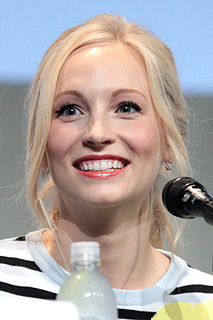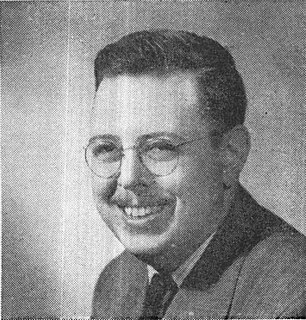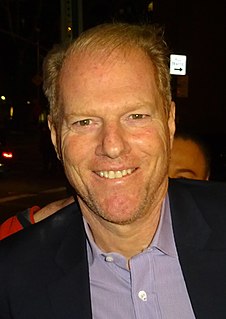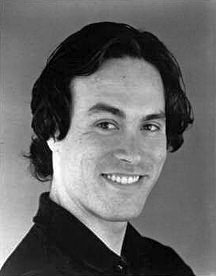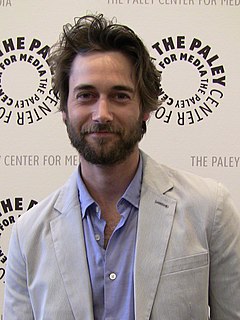A Quote by Candice Accola
If you're a song writer, it's a bit different because you are expressing your own words, feelings, perspective. As an actor, you are doing your best to interpret and express the root of the character's perspective which have been established by the writer. There are parallels of performing. Tapping into your own emotional piggy bank. The biggest commonality is if you are successful in either industry, you get free snacks all the time.
Quote Topics
Actor
Bank
Because
Been
Best
Biggest
Bit
Character
Commonality
Different
Doing
Doing You
Doing Your Best
Either
Emotional
Established
Express
Expressing
Feelings
Free
Get
Industry
Interpret
Own
Parallels
Performing
Perspective
Piggy
Piggy Bank
Root
Snacks
Song
Successful
Tapping
Time
Which
Words
Writer
Your
Related Quotes
It looks like the writer is telling you a story. What the writer is actually doing, however, is using words to evoke a series of micromemories from your own experience that inmix, join, and connect in your mind in an order the writer controls, so that, in effect, you have a sustained memory of something that never happened to you.
It's interesting for me to do the commentary with the actors because, as a director, you're so in your own world that you see it from your perspective, your issues and what you were trying to do, and then it's really very fun to hear their perspective on how it was to do a particular scene or how they felt, and sometimes, I didn't even know that, at the time.
It's great to win a few prizes early on. It helps a writer to get noticed and to get some sales. It can also be a pain in the arse because it gets in the way of the quiet, contemplative time every writer needs, but which is particularly important when you are a new writer finding your own voice, and pursuing the things that interest you.
Writer-directors are a little bit more liberal, rather than having just the writer on the set, because I think sometimes the writer becomes too precious with the words. If you're a writer-director, you can see what you're doing and see your work in action, so I think you can correct it right there and still not compromise yourself.
It's so different going in the studio and singing your own music and you don't really think about making sure that the message of the song or the idea behind the song comes across to people. Because it's in your head, it's in your heart, whatever, but it's... different when you're playing a character and you're singing as the character. There's just a lot more involved in that, I guess.
Actors always direct themselves. A good actor shows up onset ready, especially in television, and you've done your homework and you know your character. The director may have some variation on what you're thinking or they may have a different interpretation of the scene. So you come prepared to shoot and you've given yourself notes. In television, it may be the first time you're meeting this director and you've been living in this character's skin for a couple of years. It's always great to have fresh perspective and fresh insight, but no one knows your character better than you do.
The best time to tell your story is when you have to tell your story. When it's not really a choice. But then, when you get that first, messy, complicated version down, you have to read it over and be very tough on yourself and ask, 'Well what's the story here?' If you're lucky enough to have someone you trust looking over your shoulder, he or she can help you if [you] lack perspective on your own story.
There are more similarities than differences when it comes to preparation of a performance. You're using some lyrics, you have a relationship with them, they apply to different parts of your life and different circumstances, different memories, different stories you have in your head. You form personal relationships with the song. I think that's very similar, in a way, to prepping a character. You pour your own personality, in a sense, into the character, you sympathize with a character in a way that's similar to the way you might sympathize with a song.
All I can tell you is that you cannot make choices in your own career, either career choices or choices when you're actually working as an actor, based on trying to downplay or live up to a comparison with somebody else. You just can't do that. You have to do your own work based on your own gut, your own instincts, and your own life.
Doing a film with somebody who's from a different country or culture than you is very fulfilling because they bring with them different insights, experiences, cultural norms, and expectations. All of those things can sort of broaden your own understanding of things or provide a different perspective.
